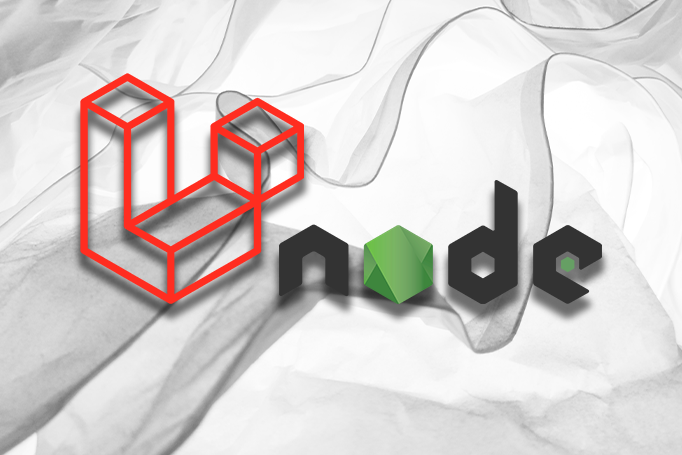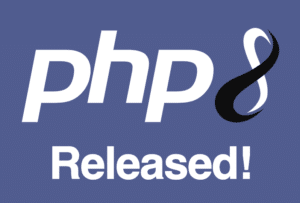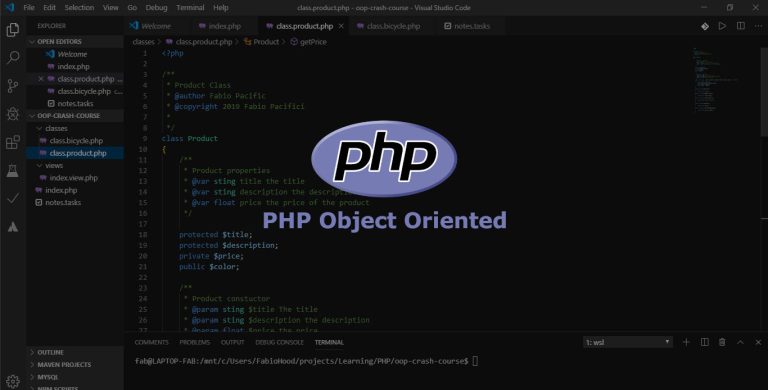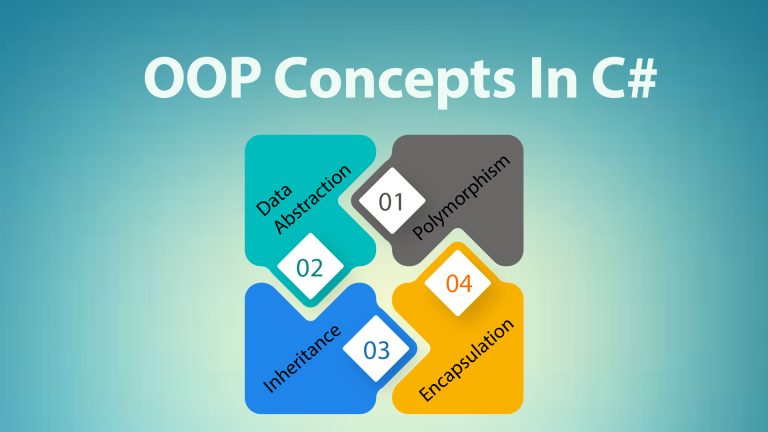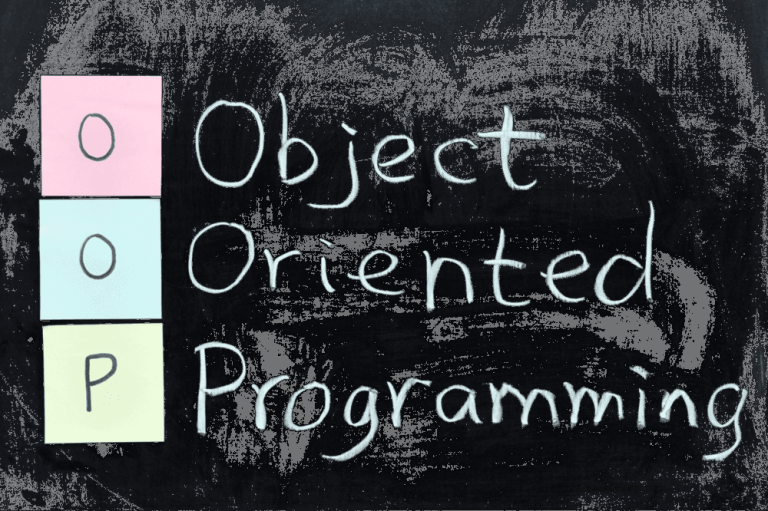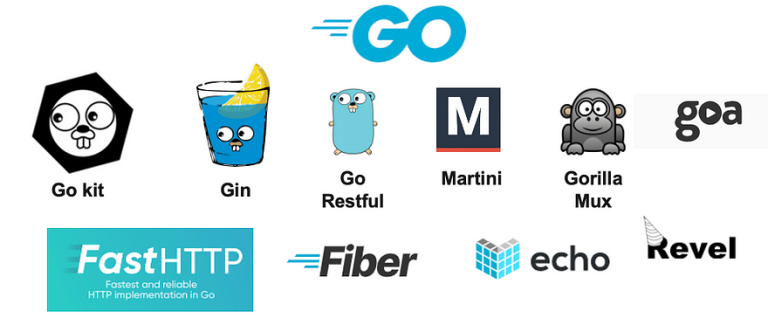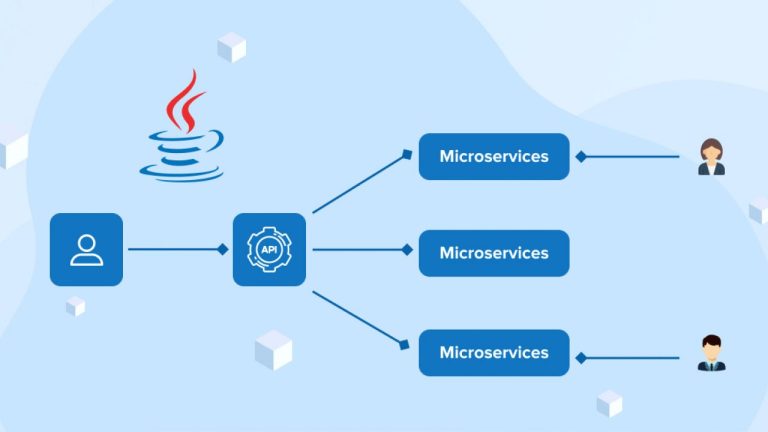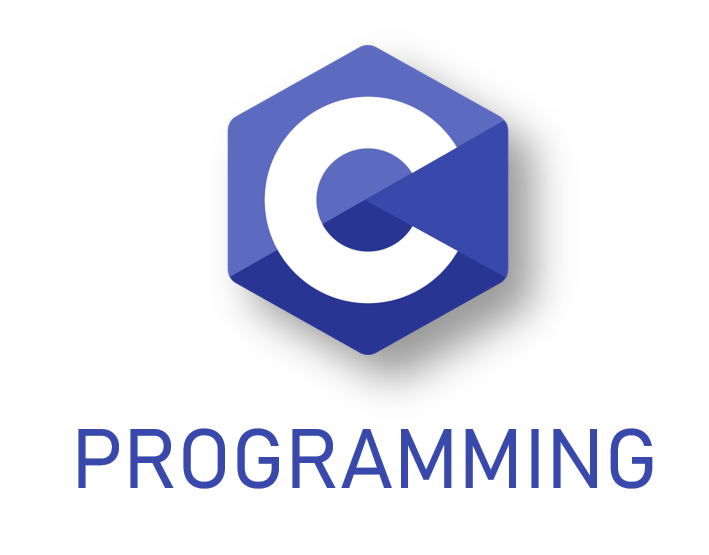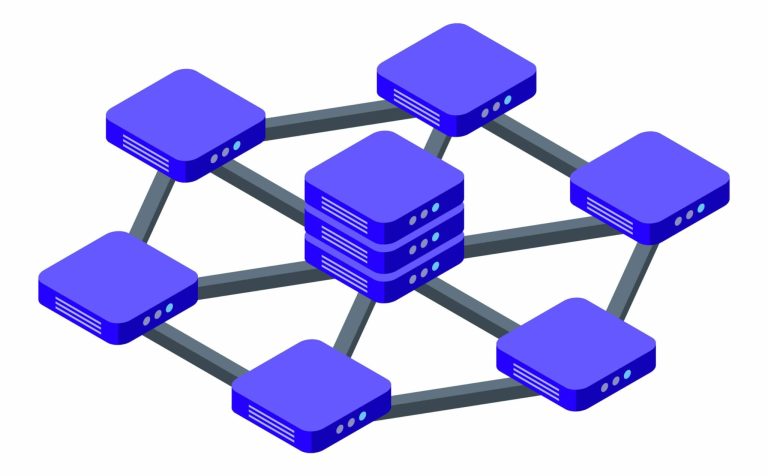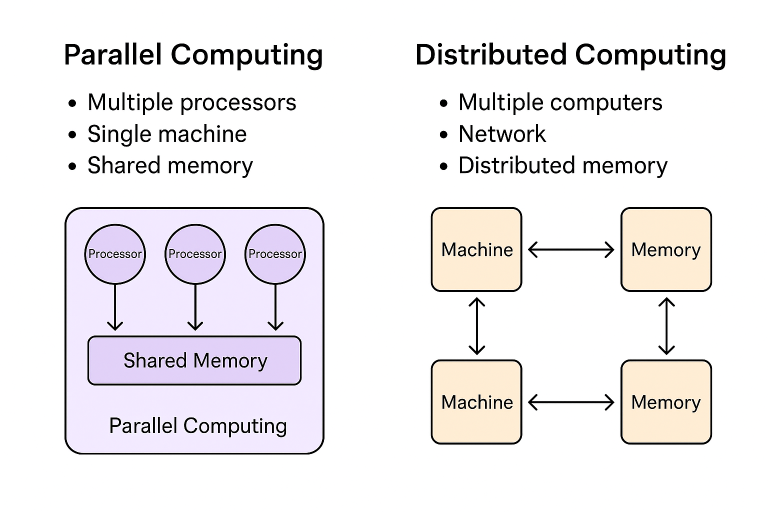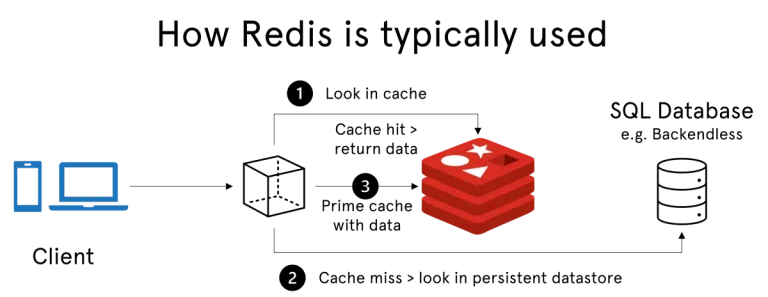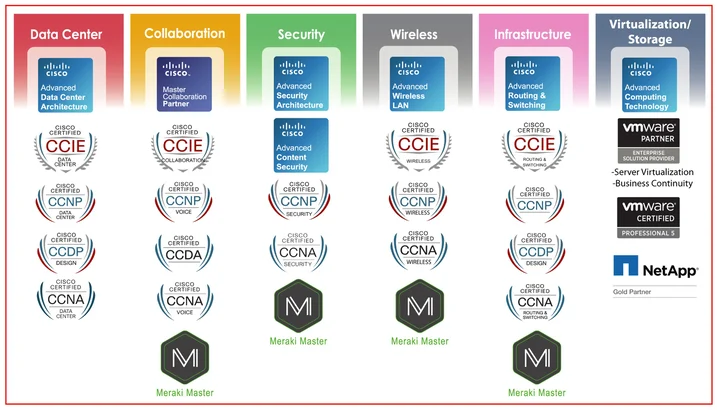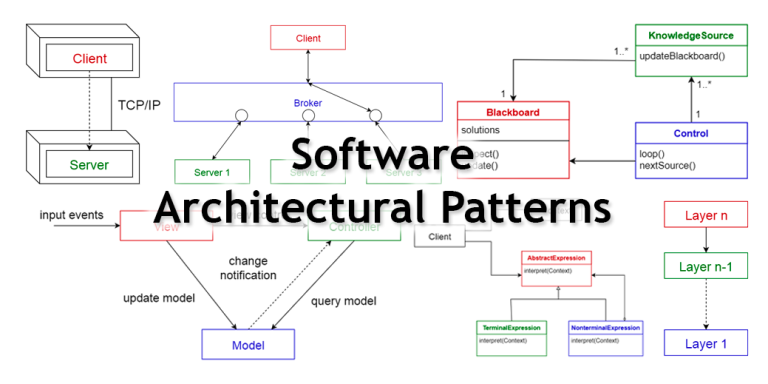Introduction
Laravel, a popular PHP web application framework, has traditionally followed a synchronous, blocking I/O model. However, as the demand for scalable and high-performance applications grows, developers are exploring techniques like non-blocking I/O to improve responsiveness and resource utilization. In this article, we’ll explore the concept of non-blocking I/O and its potential integration with Laravel.
Understanding Non-blocking I/O:
Non-blocking I/O is a programming paradigm that allows a program to perform other operations while waiting for I/O operations to complete. In Laravel, I/O operations typically involve tasks like reading from databases, making HTTP requests, or interacting with external services. In a non-blocking model, these operations are initiated, and the program can continue executing other tasks without waiting for them to finish.
Laravel and Synchronous I/O:
Laravel follows a synchronous, blocking I/O model by default. When a controller action or a service initiates an I/O operation, the program waits for the operation to complete before moving on to the next task. While this approach is straightforward, it may lead to decreased performance and responsiveness in scenarios with high concurrency or frequent I/O operations.
Implementing Non-blocking I/O in Laravel:
While Laravel itself doesn’t natively support non-blocking I/O, developers can leverage external tools and techniques to introduce asynchronous behavior. Here are some approaches:
1. Asynchronous Queues:
- Laravel provides a powerful job queue system that can be used to handle background tasks asynchronously. By dispatching jobs to queues, tasks that involve I/O operations can be processed asynchronously, allowing the main application flow to continue without waiting.
// Dispatch a job to the queue
MyJob::dispatch()->onQueue('high');2. Laravel Horizon:
- Laravel Horizon is an elegant dashboard and configuration system for Laravel’s Redis queue. It provides insights into job processing and allows developers to scale their applications horizontally by running multiple queue workers.
// Start the Horizon dashboard php artisan horizon
3. Swoole Integration:
- Swoole is a coroutine-based concurrency library for PHP. It enables non-blocking I/O through the use of coroutines. While not directly integrated into Laravel, developers can use the Swoole extension alongside Laravel to achieve asynchronous behavior.
co::create(function () {
$result = co::exec('ls');
echo $result;
});4. ReactPHP or Amp Integration:
- Laravel developers can leverage external libraries like ReactPHP or Amp to introduce non-blocking I/O into their applications. These libraries provide components for asynchronous programming and event-driven architectures.
$loop = React\EventLoop\Factory::create();
$loop->addTimer(1, function () {
echo "Hello, after 1 second!\n";
});
$loop->run();Considerations and Best Practices:
- Understand the Use Case:
- Evaluate whether non-blocking I/O is necessary for your specific use case. While it can improve performance in certain scenarios, it might not be beneficial for every application.
- Keep It Simple:
- Non-blocking I/O introduces complexity, and its benefits should justify the added intricacy. Consider whether a simpler solution, like optimizing database queries or caching, could address performance concerns.
- Monitor and Test:
- When implementing non-blocking I/O, monitor your application’s performance and conduct thorough testing. Ensure that the introduced changes positively impact responsiveness and resource utilization.
- Explore Laravel Ecosystem:
- Laravel offers a rich ecosystem of packages and tools. Explore options like Laravel Echo and Laravel WebSockets for real-time communication, which align with non-blocking principles.
Conclusion:
While Laravel doesn’t inherently support non-blocking I/O, developers can adopt various strategies and external tools to introduce asynchronous behavior into their applications. Asynchronous queues, job processing with Laravel Horizon, Swoole integration, and leveraging libraries like ReactPHP or Amp are among the approaches available to Laravel developers. By understanding the principles of non-blocking I/O and carefully evaluating the needs of their applications, developers can enhance the performance and scalability of Laravel projects in scenarios with high concurrency or frequent I/O operations.

